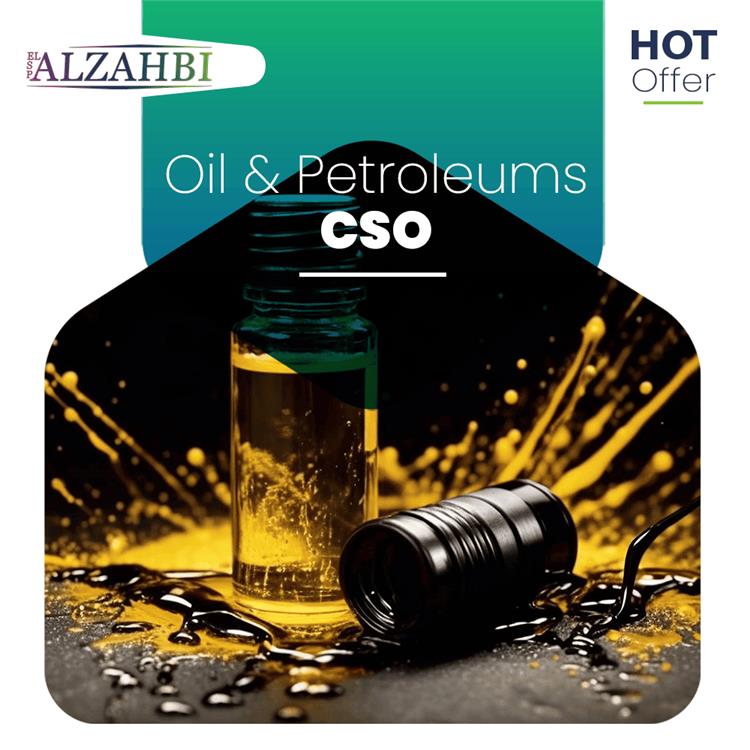Light Cycle Oil (LCO) is a valuable byproduct of the fluid catalytic cracking (FCC) process in refineries. It is used primarily as a blending component in diesel fuels and as a feedstock for further processing. We offer premium quality LCO, ensuring superior performance, reliability, and consistency for your industrial needs.
Key Features and Benefits
- High Energy Density: Provides efficient fuel for combustion and energy generation.
- Excellent Blending Component: Enhances the quality and performance of diesel fuels.
- Versatile Feedstock: Suitable for further processing into various valuable products.
- Consistent Quality: Ensures reliable and consistent results across different industrial processes.
- Cost-Effective: Provides a cost-efficient raw material for various industrial applications.
Applications of Light Cycle Oil (LCO)
Diesel Fuel Blending
LCO is widely used as a blending component in the production of diesel fuels. Its high energy density and favorable properties improve the combustion quality, performance, and emissions profile of diesel, making it suitable for automotive and industrial engines.
Petrochemical Feedstock
In the petrochemical industry, LCO serves as a valuable feedstock for producing various chemicals and intermediates. Its versatility allows for the extraction and production of a wide range of petrochemical products.
Heating Fuel
LCO is used as a heating fuel in industrial boilers and furnaces. Its high calorific value ensures efficient heat generation, making it suitable for applications requiring reliable and consistent heating.
Marine Fuel
LCO is also used as a component in marine fuels. Its properties enhance the performance of marine engines, ensuring efficient and reliable operation of ships and other marine vessels.
Power Generation
In the power generation sector, LCO is used as a fuel for power plants. Its high energy content makes it a suitable option for generating electricity, particularly in peak demand situations.
Why Choose Our Light Cycle Oil (LCO)?
- Trusted Quality: Our LCO is produced under strict quality control to ensure high purity and consistent performance.
- Versatility: Suitable for a wide range of applications, providing reliable solutions for various needs.
- Local Expertise: Tailored solutions for the market, supported by local technical expertise and customer service.
- Environmental Compliance: Meets and exceeds environmental standards, promoting cleaner and more sustainable industrial practices.
Learn More About Light Cycle Oil
For a comprehensive understanding of Light Cycle Oil (LCO), including its detailed properties, benefits, and various applications, we invite you to read our LCO article. This article provides valuable insights into how LCO can meet your specific industrial needs, from diesel fuel blending to power generation.
Frequently Asked Questions
What is Light Cycle Oil (LCO) used for?
LCO is used in various applications, including diesel fuel blending, petrochemical feedstock, heating fuel, marine fuel, and power generation, due to its high energy density, versatility, and cost-effectiveness.
How does LCO benefit the diesel fuel industry?
LCO enhances the quality and performance of diesel fuels by improving combustion efficiency and emissions profile, making it suitable for automotive and industrial engines.
Is your LCO suitable for power generation?
Yes, our high-quality LCO is suitable for power generation, providing a high energy content fuel option for generating electricity, particularly in peak demand situations.
Contact Us
For more information about our Light Cycle Oil (LCO) products and to place an order, contact us today. Our team is ready to assist you with tailored solutions to meet your specific needs.
Call Us at:
+971 55 306 4383

.png)



.png)



